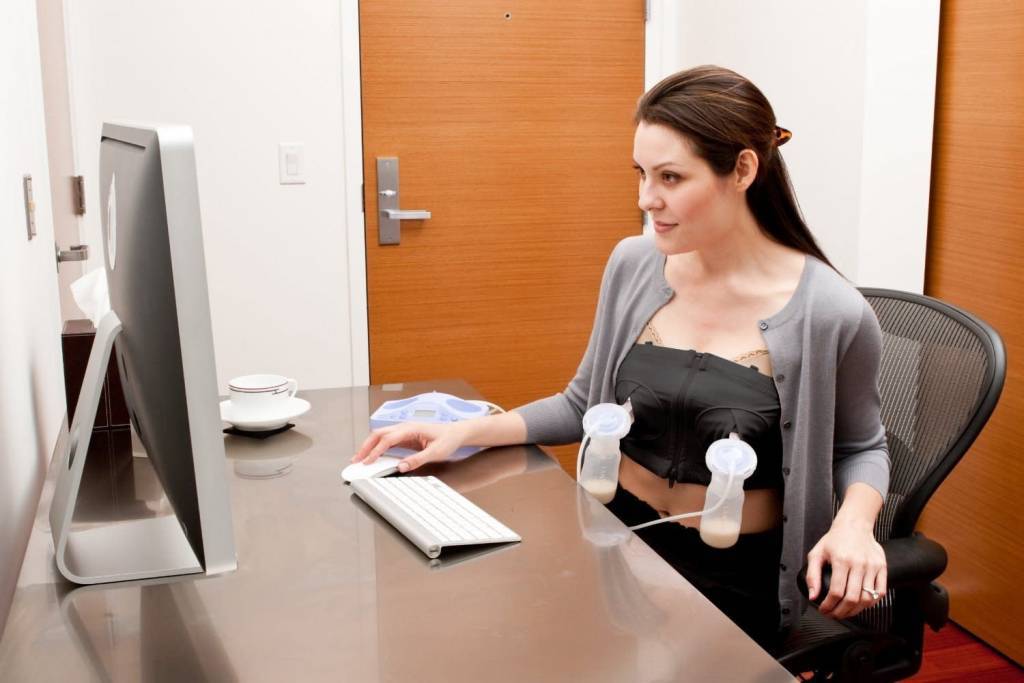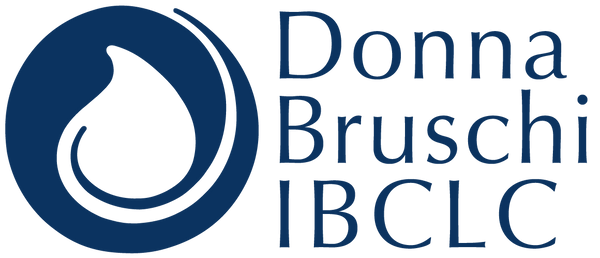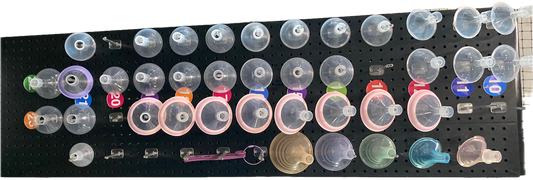
Birth and breastfeeding go together like a wedding and a honeymoon.
Share
You wouldn't plan a wedding without planning a honeymoon.
A honeymoon is a time of rest and exploration in your new life together. You honeymoon in a beautiful setting. You research and reserve your accommodations, restaurants, recreation and romantic spots to spend time in.
You may buy new lingerie, special outfits and gear and spend hours packing and repacking your bags. And you will definitely search blogs and reviews for places to avoid and potential pitfalls in your plan. A honeymoon is supposed to memorable in a good way, and most people understand a good honeymoon requires a certain amount of planning.
Yet, most parents don't plan for a "honeymoon" when they have a baby.
Parents do go on babymoons while they are pregnant.
They enjoy massages, luxurious meals, easy walks, shopping, dreaming and cuddling, figuring "This is our last chance!" until many years after the baby comes.
For some, there is a cultural belief that investing oneself in the unbirthed baby may cause harm. No purchases or planning can happen until their healthy baby arrives.
Their fourth trimester remains a sealed Pandora's Box.
Pregnant parents spend weeks preparing just the right layette, picking the perfect name, interviewing pediatricians and obstetricians, and the safest birth place. They take birth classes and hire doulas.
And at the same time, assume that baby will just naturally and magically start feeding themselves.
"Breastfeeding is natural, isn't it? How did humans survive in the past? We aren't worried, we'll figure it out!"
Breastfeeding is part of the birthing process, not a separate, nor even a different event.
Babies who birth vaginally without medication, and are placed on their mother's belly and left undisturbed, crawl to a nipple and are usually feeding themselves within an hour after they are born. This triggers the release of your placenta which starts your breasts making milk.
Breastfeeding contracts and heals your uterus faster and better than you do on your own without breastfeeding.
But, (and this is a big BUT) breastfeeding is also a learned skill with a fairly narrow set of parameters. Yes, mother and baby have instincts, but our culture also has a lot of mis-information embedded from 5 generations of pro-formula advertising. These include separating mother and baby at birth, getting baby on a schedule, not 'spoiling' them and getting back to work ASAP.
What birth practices affect breastfeeding?
• Medications pass through the placenta during labor. They can make babies sleepy and disoriented and impair breastfeeding reflexes, as well as affect the mother.
• Delivering by C-section means milk production may be delayed by 12 or more hours.
• Mothers who experience rough handling or injury during birth may find even small challenges in breastfeeding too painful or difficult to overcome.
• Babies may be separated from you at birth for treatment in the Neonatal Intensive Care Unit (NICU) and be unable to breastfeed for quite some time, if ever.
• Mothers may need to be treated for high blood pressure, hemorrhaging, or illness and may be separated from their baby, unable to stimulate milk or pump.
• Doctor-caused injuries can occur during birth or after. A common example is suctioning a baby, which if done roughly, can lead to feeding aversion.
Education is key for good decisions.
Before you decide on giving birth with pain medication, or schedule an elective C-section, take time to educate yourself on risks and side effects so you are comfortable making an informed decision. Both of these are important advances in birthing and can also have serious repercussions.
If you wait until you are in labor, you will not receive full risk factors from the anesthesiologist, much less be in a position to take in a lot of information.
If they could, babies would say "No thank you." to these:
Post birth procedures such as bathing, eye drops, and mother-baby separation can disrupt, upset and even repattern innate reflexes and cause the baby difficulties in latching and transferring milk. Nipple shields, pacifiers and bottle nipples can also confuse babies beginning to breastfeed.
You can only ask for what you know about.
Read as much as you can about things that interest you about breastfeeding. If you don’t know what is important, or even what questions to ask, take Beginning Breastfeeding or Feeding Your New Baby Prenatal Workshop.
Another good idea is making an appointment for a prenatal consultation with me.
Plan your honeymoon with your new Honey.
Stock the fridge and freezer with good food. Buy a comfy sleep nursing bra and pajamas. Put a big bottle of water on your night table and turn off your phone.
Get into bed with your baby and your significant other. Hold your baby skin-to-skin and practice nursing a dozen times or more a day. Take time to count their fingers and toes. Smell your baby's unique smell. Stroke their hair and tell them how much you love them, and how long you've waited for this moment, and what you have planned for the next two weeks.
And if you have questions, send me a text, or schedule an appointment, and I will see you in a day or so.








